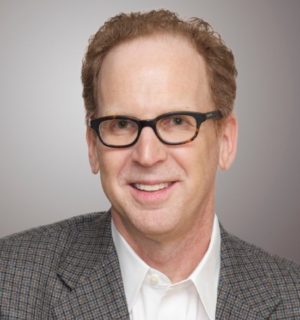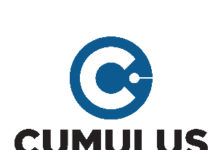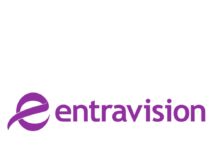
Dr. Ed Cohen was recently released from his position with Cumulus as VP for Ratings and Research. With his many years at Nielsen and Arbitron, in addition to Cumulus, we wanted to pick his brain on what he sees happening across the radio landscape.
Radio Ink: How can radio recover from the devastating revenue losses caused by the coronavirus?
Ed Cohen: If I knew an easy answer to that, I’d be in serious demand. Considering radio’s dependence on local business and that many businesses are either closed or dealing with limited capacities, it’s time to pull out any number of sales ideas that would have been dismissed as anywhere from “meh” to downright insane in normal times. Businesses still need to advertise and with the concerns surrounding Facebook and ad safety as well as how well any digital advertising platform performs, radio may have the opportunity to get a “foot in the door” again. I make no claims to be a sales guru, but getting clients on the air in any possible way makes sense right now with the hope for a payoff down the road for both the client and the medium.
Radio Ink: What advice do you have for radio salespeople across the country to succeed right now?
Ed Cohen: Be as creative as possible. The best salespeople and sales managers I’ve met over the years are idea people. It’s an uphill battle right now…don’t let your thinking be constrained.
Radio Ink: Are you seeing trends of radio listening increasing now that the country is open again and do you think the recent surges in COVID cases will have another negative impact on listening?
Ed Cohen: From what I’ve seen in the PPM metros, radio listening has been increasing from the lows of April, but we’re not back to where we were prior to the pandemic and in some markets, it’s not even close based on persons using radio. The hit is almost entirely in away from home listening which for P25-54 can be considered an 80/20 rule (roughly 80% of listening is away from home in PPM metros) and the headline from the latest Edison Share of Ear study about listening starting later in the day rings true. Assuming that the recent improvements in listening levels away from home in May and June were the result of more people going to work outside of their homes, any retrenchment due to the virus spreading again is likely to show up in the estimates, However, if I had to place a bet, it’s unlikely that we’ll see a full lockdown like many markets faced in April, meaning any decline should be much smaller than before. Longer term, if commuting declines, which for office workers is a pretty safe bet, I don’t expect to see listening return to pre-COVID 19 levels any time soon.
Radio Ink: What is your impression of how radio has handled its duties to serve the public during the pandemic?
Ed Cohen: I’m probably not the best person to answer that question as I haven’t spent a lot of time sampling stations across the country over the last few months, but just about anyone in the business is community and listener-focused and will do their best to make sure that the audience gets needed and accurate information.
Radio Ink: There have been a lot of layoffs in radio in the past 3 months. How do you think that will affect the industry?
Ed Cohen: My own position was eliminated and that will greatly impact the industry, but seriously, it’s a question of whether we’re cutting bone and muscle rather than fat. The vast majority of Americans still listen to radio, but they spend less time with it than in the past, regardless of how we measure it. If the industry continues to cut, can we put our best foot forward to not only keep current listeners spending as much time with the medium as they have in the past, but can we also convert light listeners to spend more time with radio? Commercial radio is not a charity and faced with the revenue challenges of the past few months, layoffs and furloughs are inevitable, but listeners don’t understand that and likely don’t care. They want to be entertained and/or informed. If they perceive a degradation of what they expect from us in a world of increased competition from other audio sources (streaming, podcasts, etc.), some will go elsewhere, accelerating a downward spiral. I hate to sound pessimistic about a medium where I’ve spent nearly my entire career (even my Ph.D. dissertation was about radio) and have no claims to be the Nostradamus of radio, but that’s the logical conclusion. I hope I’m wrong.
Dr. Ed Cohen can be reached by e-mail at [email protected]






